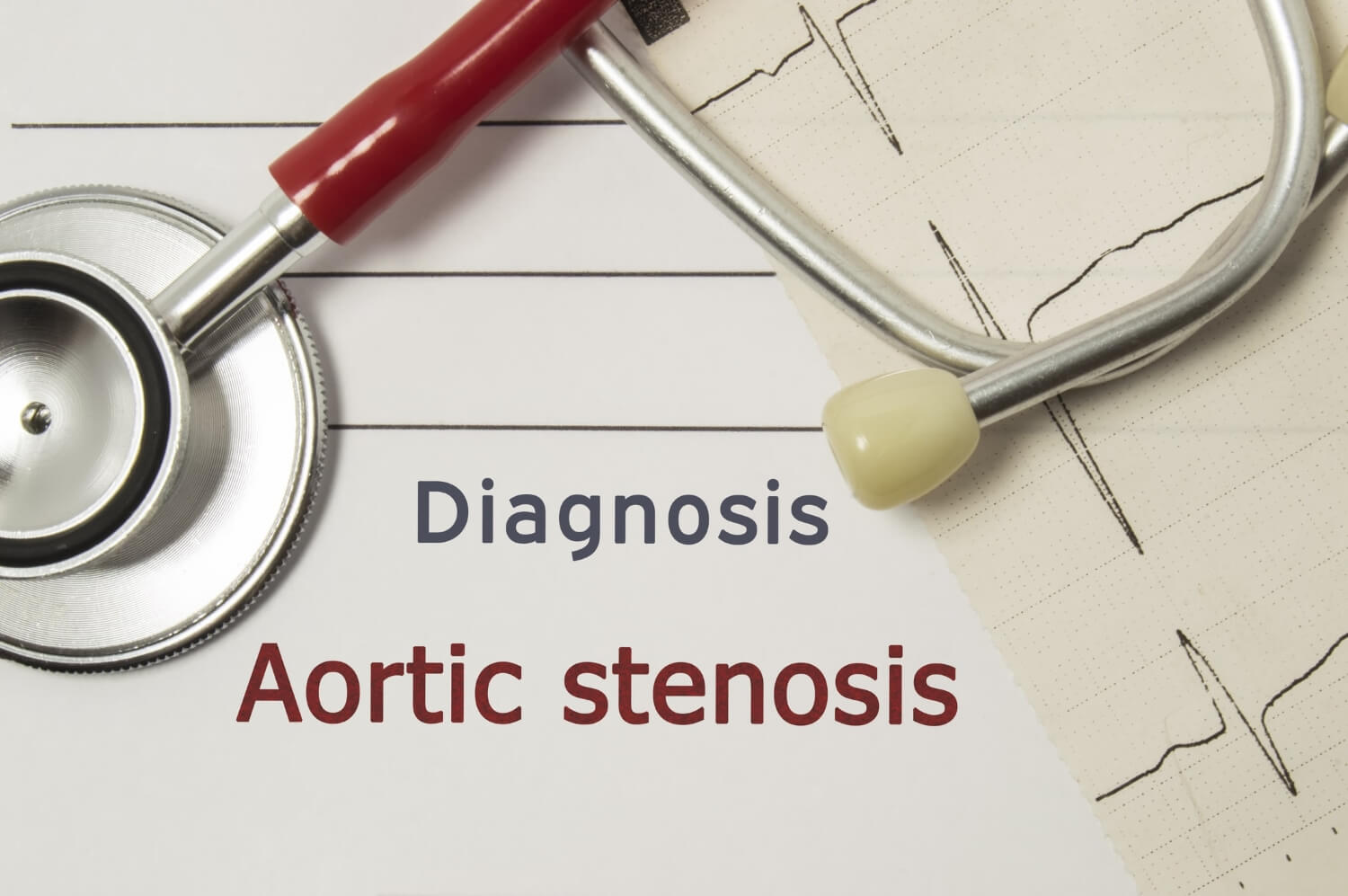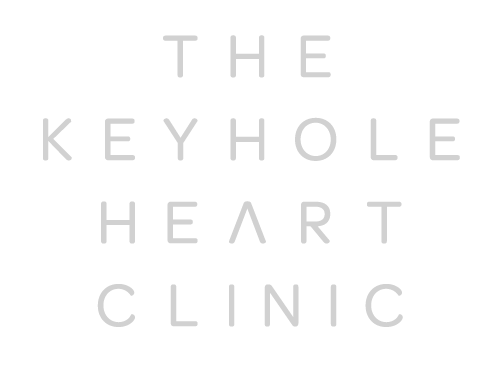Aortic Valve Stenosis – Is TAVI The “One Size Fits All” Treatment Option?

Aortic Stenosis – What Is It?
Aortic valve stenosis is a condition in which the aortic valve becomes calcified and fails to open properly. When this is severe, and particularly when the condition creates symptoms (breathlessness, dizziness, or chest pain) the risk of premature death is as high as 50% within 2 years. This is actually worse than any cancer outcome. The difference, however, is that with urgent treatment, the risk is removed.
Treatment Options:
Surgery remains the mainstay of treatment in the majority of cases although, more recently, in those patients in whom surgery was thought to be too high risk, another treatment called TAVI or TAVR (Transcatheter Aortic Valve Implantation) has been advocated. TAVI involves inserting a collapsed new valve into the heart through the groin. A number of clinical trials have shown TAVI to be safe and effective in high and intermediate risk patients.
TAVI has a number of benefits: There is no need for a surgical incision and in most cases a general anaesthetic can be avoided. Its limitations compared to surgery include higher risk of leak around the valve, higher risk of pacemaker requirement, and perhaps most unpredictably, we are still uncertain of the long-term durability of TAVI. Early valve deterioration may need further treatment and risk. Leaks around the edges of the TAVI valve have also been shown to reduce life expectancy.
New Data:
Recently, a new clinical trial (The Partner 3 Trial) has been reported in The New England Journal of Medicine, in which TAVI was used in low risk cases. Early reports have suggested that the combined primary endpoint upon which the trial was designed (combined incidence of death, stroke and re-hospitalisation) was lower with TAVI patients compared to surgery at 1 year. This is remarkable at first glance and indeed, the team at The Keyhole London Heart Clinic are excited by the idea of expanding the indications for the use of TAVI.
However, a few words of caution:
Firstly, TAVI valve leaflets are biological materials and we have yet to understand their long-term durability compared to traditional surgical valves which have themselves been studied for more than 20 years. We know that biological surgical valves have excellent long-term durability and early data suggest that they are more durable than TAVI valves. Mechanical valves are even more durable in the long term and we know that there is a life enhancing benefit associated with the use of mechanical valves in patients under the age of 50 years old.
Secondly, TAVI valves have yet to be compared to advances in surgical techniques. No trials to date have compared TAVI to keyhole aortic valve replacement. Furthermore, advances in surgical valves which do not require sutures, rather they can be inserted surgically into the heart very swiftly, have also increased the safety of surgical aortic valve replacement. Some argue that TAVI is being compared to “old” techniques and technologies and as such, these trials are already outdated!
Our View:
Our pragmatic view of the treatment of aortic valve stenosis is to recognise that a “one size fits all” strategy is not wise. Heart teams with experience in traditional surgical treatments, keyhole approaches, sutureless valve technologies, and TAVI are best placed to offer individual patients of all ages and risk profiles the best advice upon which to base treatment decisions for the short and long term. This will be essential to ensure then highest codes of clinical governance, and adherence to the good clinical consent.
What may sound like a quick fix today, may harbour problems for the future. Although the recent data on TAVI in low risk patients is exciting, tempered enthusiasm is essential.
Need More Information?
We continue to provide patients who have aortic valve stenosis with a multidisciplinary approach to their treatment. If you would like to know more about the treatment of aortic stenosis please click HERE to contact us or call us on 0208 064 0535.
Author : Inderpaul Birdi
Get in touch with our expert team at our Essex Heart Clinic.

